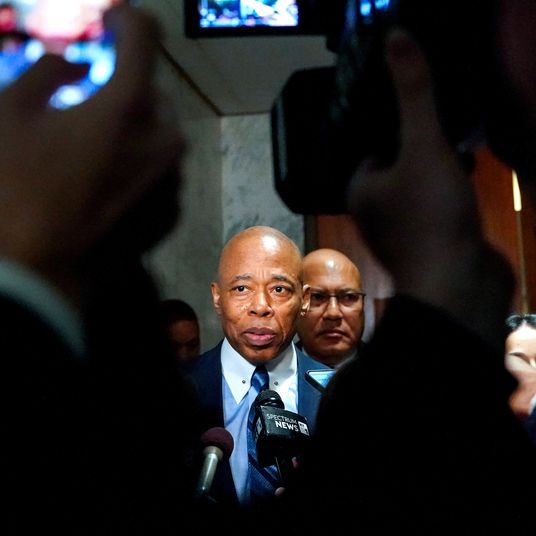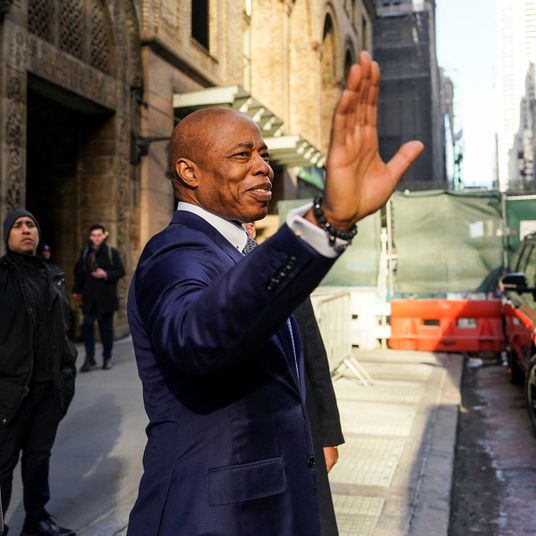
Due largely to the expansion of mail-in ballots as the United States fails to manage the pandemic, there were very few results available from the primary on the night of June 23. Among the few clear victories on Tuesday were Alexandria Ocasio-Cortez, who was projected to win her primary reelection by a substantial margin; Republican Thomas Massie, who was projected to win the primary in Kentucky’s 4th Congressional District months after the president called for him to be “thrown out of” the GOP for holding up the coronavirus stimulus package; and Madison Cawthorn, a 24-year-old who loves “people, food, and our country” and defeated a Republican candidate endorsed by the president.
Cawthorn, who clears the Congressional age minimum when he turns 25 in August, defeated his challenger for North Carolina’s 11th District, businesswoman Lynda Bennett, on Tuesday night by an almost two-to-one margin. He will now face the Democratic candidate Moe Davis in November, despite the endorsement of his primary challenger from President Trump, Ted Cruz, White House chief of staff Mark Meadows — who vacated the seat in March — as well as support from the House Freedom Caucus. (In 2014, Cawthorn was even a staffer for Meadows, who provided his endorsement for the U.S. Naval Academy before he was partially paralyzed in a car accident.) “I do not believe this election has been a referendum on the president’s influence,” Cawthorn wrote in a statement on Tuesday. “The people of western North Carolina are wise and discerning. You observed both candidates and simply made the choice you believed is best for our district.” Though Cawthorn may not consider his win a referendum on the president, it’s possible that Trump might: He has frequently boasted about his “perfect” record of primary endorsements, even though the claim does not hold up.
In an interview with the Associated Press on Tuesday night, Cawthorn said his primary win was a result of a strong canvassing and ground operation and a message that “translated across generations and across ethnic groups.” (The candidate’s slim list of “key issues” details a pretty standard set of Republican concerns, including his support of the president and an opposition to the “continued allowance of sanctuary cities.”) But in an interview with the Associated Press, political scientist Chris Cooper provides another possible reason:
Chris Cooper, a political science professor at Western Carolina University, said Cawthorn had a compelling story and benefited from local Republicans unhappy with details around how Bennett entered the race.
Meadows announced the day before the December filing deadline that he wouldn’t seek reelection. The surprise departure came so late that candidates who had already committed to run for other elected offices were barred from switching.
Some disgruntled GOP activists felt that Meadows concealed his decision from them, while Bennett, a friend of Meadows’s wife, announced her candidacy within a few hours of his announcement.
North Carolina’s 11th District encompasses much of the state’s mountainous region west of Asheville. Though the state’s redistricting — following a state court ruling in 2019 that the previous GOP-designed plan was unconstitutional — means the 11th became slightly more friendly to Democrats, Chris Cooper notes that it went only from a safe Republican district to one that leans Republican. If elected, Cawthorn will be the youngest representative in Washington.
This post has been updated to reflect that Madison Cawthorn is not in favor of sanctuary cities.






























